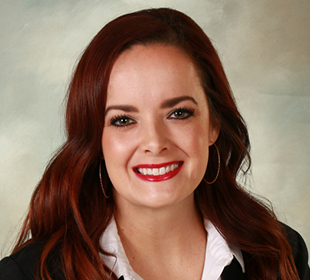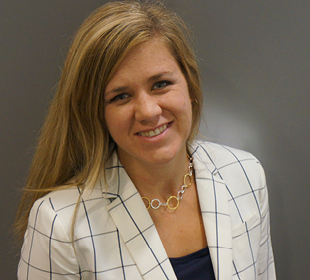The onset of COVID-19 disrupted many people’s lives, including new mothers and their babies. In addition to unexpected challenges and stressors, many moms are facing food insecurity and formula shortages. This puts babies at risk as supplies run short, leaving many mothers to dilute their baby’s formula or use alternatives such a whole milk or other supplements that do not provide the same nutritional value. To address this pressing need, UnitedHealthcare Community & State has quickly formed partnerships to close this gap to help mothers and their babies thrive.
Getting formula to mothers and babies in need
Mothers have been facing a myriad of challenges trying to find and purchase formula since the beginning of COVID-19. While many of our members typically get their baby’s formula through government programs, including the Women, Infants & Children Special Supplemental Nutrition Program (WIC), many WIC clinics are temporarily closed to in-person visits due to the pandemic, leaving mothers unable to receive their vouchers. And those who do have access to vouchers often face supply issues or are limited in the amount of formula they can purchase at one time. Some moms are facing formula shortages due to lack of transportation, or because they are staying home to limit their risk of exposure to the virus. And because many of our members do not have the financial means to stock up on supplies, lack of formula has become a growing barrier to feeding their infants.
To help mothers get the supplies they need, UnitedHealthcare members across all markets had the option to connect with our members services to receive food and formula. By partnering with UnitedHealthcare’s internal food insecurity team, we were able to send mothers food supply kits straight to their homes through a new food delivery initiative. In order to provide direct access to baby formula, we partnered with big-box vendors to find available formula supplies. When possible, we also worked to offer specialty formulas for babies with special dietary needs. This provided mothers with one month of formula for their babies and connected them with local resources for future supplies. We also offered extended formula shipments for mothers and babies with higher needs, following a check-in with our member services team.
Through these efforts, we served nearly 13,000 members by providing more than 292,000 meals to those facing food insecurity, in addition to more than 69,000 meals to new mothers. We also helped 172 mothers get formula for their babies. As the barrier to formula has eased tremendously since the beginning of the pandemic, we are no longer providing formula to members, although we are still connecting individuals to community-based organizations to address ongoing formula or food insecurity.
Providing additional services disrupted by COVID-19
While COVID-19 has upended many areas of normal life, it has also disrupted how many expecting mothers prepare for having a baby. UnitedHealthcare’s pilot program Wellhop is a virtual education and support program for mothers and their babies. The program has been invaluable during COVID-19, which halted in-person social supports. While the Wellhop program existed prior to COVID-19, we have seen an uptick in engagement as women looking for alternative resources and connections during their pregnancy and in their first few months as a new mom.
Because the impact COVID-19 will have on new moms and their babies is still largely unknown, we have also pulled together internal educational resources for our case managers based on Centers for Disease Control and Prevention (CDC) and the American College of Obstetricians and Gynecologists (ACOG) guidelines. This includes guidance on hospital stays when delivering a baby, up-to-date information about breastfeeding, tips for public outings and how to get to prenatal and postpartum appointments. By keeping case managers informed, we can better help our members stay safe and improve health outcomes during and after pregnancy.
UnitedHealthcare is committed to keeping our members fed and healthy. By meeting the needs of mothers and their babies and connecting them with community resources for sustainable food supplies in the future, we can provide peace of mind and improve health outcomes.

